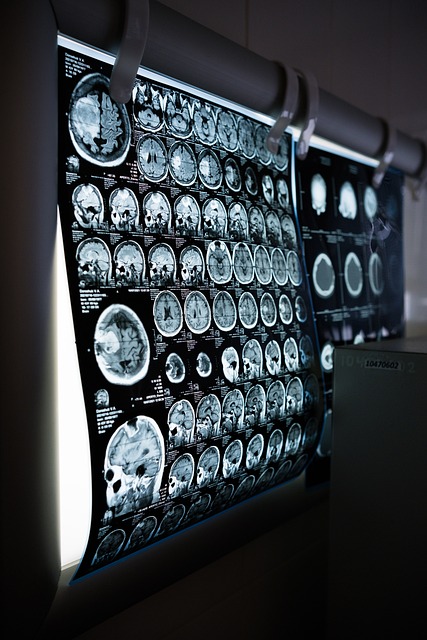Convulsions in children, also known as seizures, can be alarming for parents and caregivers. Various factors can contribute to the occurrence of convulsions in children. It's important to note that a single seizure doesn't necessarily indicate a chronic condition, and many children may experience a seizure at some point without an underlying medical issue. However, recurrent seizures should always be evaluated by a medical professional. Here are some common causes of convulsions in children:
- Febrile Seizures:
- Febrile seizures are one of the most common causes of convulsions in young children. They typically occur in association with a rapid rise in body temperature, often due to an infection, such as malaria, respiratory or ear infection.
- Epilepsy:
- Epilepsy is a neurological disorder characterized by recurrent seizures. It can have various causes, including genetic factors, brain malformations, or brain injuries. Children with epilepsy may experience seizures triggered by specific stimuli or spontaneously.
- Infections:
- Infections affecting the central nervous system, such as meningitis or encephalitis, can lead to seizures in children. These infections can cause inflammation in the brain, triggering abnormal electrical activity.
- Head Injury:
- Traumatic head injuries resulting from accidents or falls can lead to seizures. The injury may cause damage to the brain, leading to abnormal electrical discharges and seizures.
- Metabolic Disorders:
- Certain metabolic disorders, such as hypoglycemia (low blood sugar) or disorders of amino acid metabolism, can lead to seizures. These disorders may interfere with the normal functioning of the brain.
- Genetic Factors:
- Some children may be predisposed to seizures due to genetic factors. Certain genetic conditions increase the likelihood of abnormal brain activity, leading to seizures.
- Toxic Ingestion:
- Ingesting toxic substances, such as lead or certain medications, can cause seizures in children. It's crucial to keep harmful substances out of reach and ensure childproofing in the home.
- Brain Abnormalities:
- Structural abnormalities in the brain, present from birth or resulting from conditions like tumors or vascular malformations, can be associated with seizures.
- Neonatal Causes:
- Seizures in newborns can be caused by perinatal factors such as birth trauma, lack of oxygen during delivery (asphyxia), or infections.
It's crucial for parents and caregivers to seek medical attention if a child experiences a seizure, especially if it is the first one or if seizures become recurrent. Diagnostic tests, such as EEG (electroencephalogram) and brain imaging, may be performed to identify the underlying cause. Prompt evaluation and appropriate management are essential for the well-being of the child.
